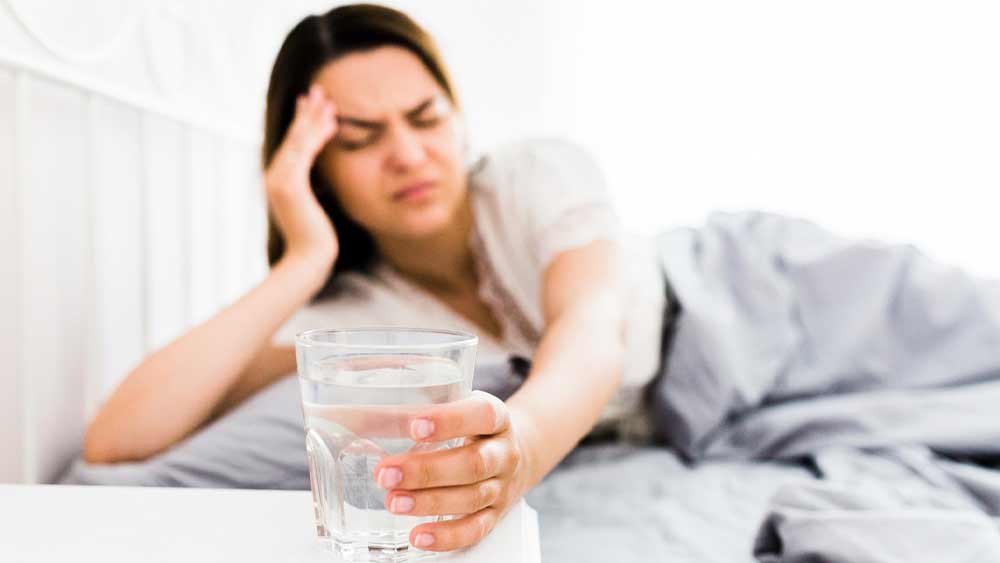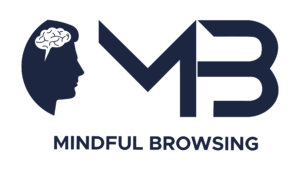
Migraines are something that hits a lot of people – around 12% of the population, according to a study. That’s a big chunk, right? In women, it’s even more common, with about 17% dealing with it each year, while men sit at 6%. When it comes to teenagers, girls seem to get migraines more than boys, but before puberty, they happen equally between boys and girls. It’s also something that runs in the family. If one parent had migraines, you’ve got a 50% chance of getting them too, but if both parents had them, that chance jumps up to 75%.
Headaches and migraines can absolutely mess up your day. Sometimes it’s just an annoying ache, other times it feels like your head’s splitting apart, and you can barely get through the day. Now, there’re a lot of reasons behind them. It could be as simple as lack of sleep, crying, not drinking enough water, or maybe something like not having enough minerals. Sometimes, hunger headaches are a result of skipping meals, while a headache after eating could be triggered by a sudden intake of salty foods. Most people grab some over-the-counter meds to deal with it, which helps at the moment. But getting to the real root cause? That can make a huge difference and even cut down how often you get them.
One thing that’s kind of interesting is salt water for headache – sometimes it might help with migraines, but in some cases, it could actually make things worse. It’s always a good idea to ask your doctor about sodium levels and how they might play into your migraine symptoms.
Does Salt Water for Headache Cure Migraine Symptoms?

If you’re someone who deals with migraines, low sodium could be to blame (hyponatremia). Maybe boosting your salt intake could actually help ease things. There are a couple of reasons this might work, and one of them is a bit unexpected.
First off, dehydration’s a big trigger for migraines. It happens when you’re sweating from working out or just being in really hot weather, which makes you lose tons of sodium. So yeah, drinking salty water might sound gross, but it could actually hydrate you and raise your sodium levels, helping with the headache.
The second reason? Your body could be reacting to not getting enough salt, especially if you’ve suddenly cut down on processed foods. A study from 2021 makes a solid case that high-sodium foods, like chips or fast food, might cause headaches when you stop eating them because your body’s used to all that salt.
Ever noticed you get a migraine if you skip meals? You might crave salty snacks or water because your body’s missing that sodium. Weird thing about sodium: it makes you hold onto water (edema), and that extra fluid can hang around your brain, possibly playing a part in your migraine.
Right before a migraine hits, some people notice they’re peeing a lot more than usual and losing sodium through urine. Drinking salty water could help replace what you’ve lost.
Is There a Link Between Salt Consumption and Migraine Relief?

It’s a question I’ve come across a lot. Some research suggests a connection between salt intake and migraines, which is kind of surprising. There was this one study back in 2016—pretty old now—that looked at around 8,800 adults in the U.S., and it found that folks who consumed more sodium reported fewer migraine episodes. Maybe your body just gets used to the high sodium that’s common in the typical American diet? Sounds possible. But here’s the thing: it’s not a guaranteed fix. If you’re not usually eating a ton of salt, it might not help much. Plus, too much salt can mess you up—think high blood pressure, fluid retention, or worse, heart issues.
Salt Water for Headache Recipe
You know what’s funny? When I feel a headache coming on, the last thing I think of is salt and lemon or a cup of tea, but it works! I usually grab a glass of water, mix in some Himalayan salt—just half a teaspoon, but it’s packed with over 80 minerals—and a couple tablespoons of lemon juice. The lemon juice isn’t just for taste. It detoxes your body, supports your liver, and is loaded with vitamins, like Vitamin C. This, combined with natural remedies for headache relief, like staying hydrated or using green light therapy, can sometimes be the perfect solution to ease the pain.
Here’s how I do it. I take a glass—about 8 to 12 ounces—pour in the water, and then add the lemon juice and salt. You got to stir it well so the salt dissolves fully. Trust me, if you don’t stir enough, you’ll be swallowing little grains of salt, and no one wants that. Sometimes I add a teaspoon of honey if I’m in the mood for a little sweetness. It’s optional, though.
If I’m feeling fancy (or desperate), I drop in a couple of drops of an essential oil. Peppermint or spearmint works well for me, but lemon’s great too. Mix it up, and then drink it all down. Sounds weird, but it really helps. After that, I make sure to drink another glass of water right away. Over the next half-hour, I’ll usually drink one or two more glasses. The key here is staying hydrated.
It’s crazy that something so simple can ease my migraines in minutes, but hey, I’m not complaining!
FAQs
Salt cravings during a migraine? Yep, that could be your body’s way of telling you it’s dehydrated and running low on electrolytes. When you’re low on fluids, your body might start craving sodium to help get things back in balance. But here’s the catch—loading up on salt can actually make some of your symptoms worse. The real key? Stay hydrated with plain water, and if the salt cravings persist, it’s always smart to chat with a healthcare pro to figure out what’s really going on. Better safe than sorry!
Frequently waking up with a headache after a nap? It could be from dehydration or disruptions in your sleep. A lot of times, people wake up feeling groggy and out of sorts, and reaching for a quick fix like salt water might give you some relief by rehydrating your body. But here’s the thing—it’s not a long-term solution. If you find this happening often, try staying hydrated throughout the day. It’s super simple, but keeping your water intake up can really help.






